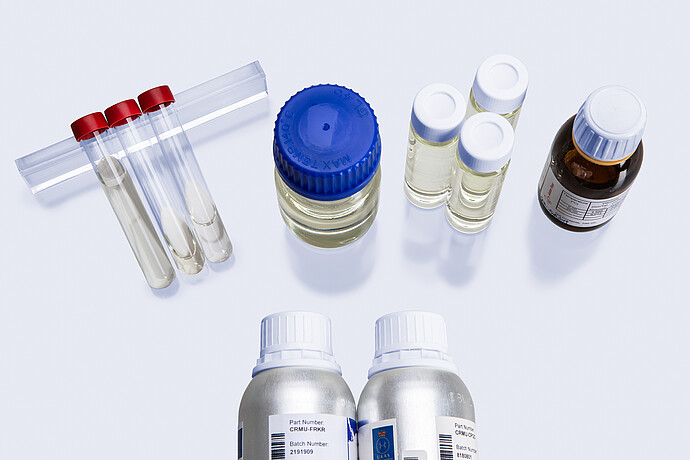
Aviation Fuel Testing
Ensuring safety, efficiency, and compliance
Anton Paar supports fuel producers, quality control labs, and technical teams with advanced instruments for comprehensive testing and certification. By providing accurate and repeatable measurements to assess key fuel properties – including density, viscosity, flash point, energy content, and flow behavior at low temperatures and high altitudes – these instruments ensure performance is consistent across diverse use cases and climatic conditions.
Anton Paar Products

ABA
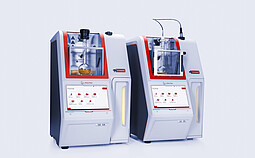
Diana
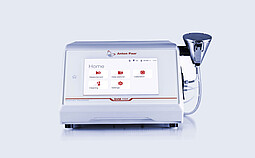
SVM
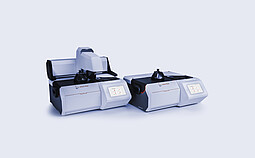
Julia DSC
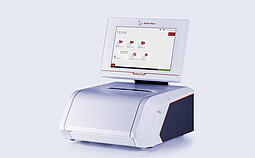
Lyza
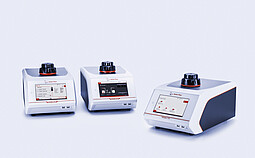
Ultrapyc
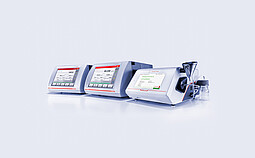
SVM

Multiwave

Multiwave

Multiwave GO Plus
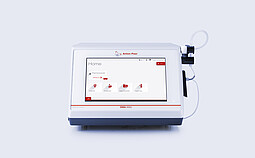
DMA

PMA
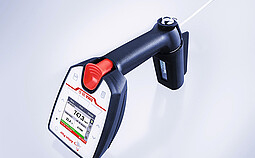
DMA 35 Ex Petrol
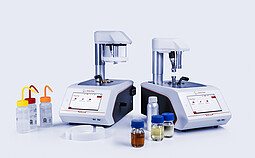
TAG
Density and energy content verification
Accurate density data supports precise flight planning and fuel consumption modeling. Anton Paar’s digital density meters provide highly precise, repeatable measurements at standard reference temperatures, enabling fuel suppliers and airline operators to ensure consistent fuel quality. In real-world scenarios, where fuel may be handled and stored in varied environmental conditions, this kind of reliability is integral to overall flight safety, fuel efficiency, and logistical planning.
Viscosity and flow behavior at low temperatures
Aviation fuels must remain pumpable and atomizable even at high altitudes and cold climates. Anton Paar’s viscometers and rheometers enable precise measurement of kinematic and dynamic viscosity across a wide temperature range, ensuring proper fuel atomization and combustion in jet engines.
By evaluating low-temperature flow behavior, these instruments can also detect potential issues with wax formation, gelling, or sluggish flow in pipelines and aircraft systems. The resulting data supports operational readiness, reduces the risk of fuel-related malfunctions in high-altitude or cold-weather operations, and ensures compliance with specifications such as ASTM D1655 and DEF STAN 91-91.
Flash point and combustion safety
Reliable flash point data is equally important for both conventional fuels and synthetic or bio-based alternatives, which may exhibit different combustion properties. Anton Paar’s automated flash point testers deliver accurate, repeatable results in compliance with global safety standards such as ASTM D93 – ensuring that fuel storage, transport, and handling meet safety regulations and minimize ignition hazards.
Fuel stability and contaminant detection
Over time, aviation fuels can degrade or become contaminated with water, particulates, or microbial growth. Efficient testing is therefore necessary to reduce the risk of fuel system fouling, filter clogging, or combustion inefficiencies, especially when aircraft operate in environments with high humidity, frequent temperature fluctuation, or extended fuel storage durations.
Anton Paar offers a range of measurement solutions to support the detection of water content – via refractometry or density shift, for example – as well as phase separation and sediment presence.
Compliance with aviation standards
Anton Paar's aviation fuel testing solutions are designed to meet the most stringent international standards for civil aviation, including ASTM, ISO, and DEF STAN protocols. Automated workflows, digital data capture, and robust traceability features ensure that results are audit-ready and suitable for high-throughput laboratory or in-field use.
By supporting consistent aviation fuel testing at every stage – from refineries and fuel farms to airport tanks and final delivery – Anton Paar empowers quality managers, operators, and aviation stakeholders with the data needed to guarantee safety, efficiency, and long-term operational reliability.